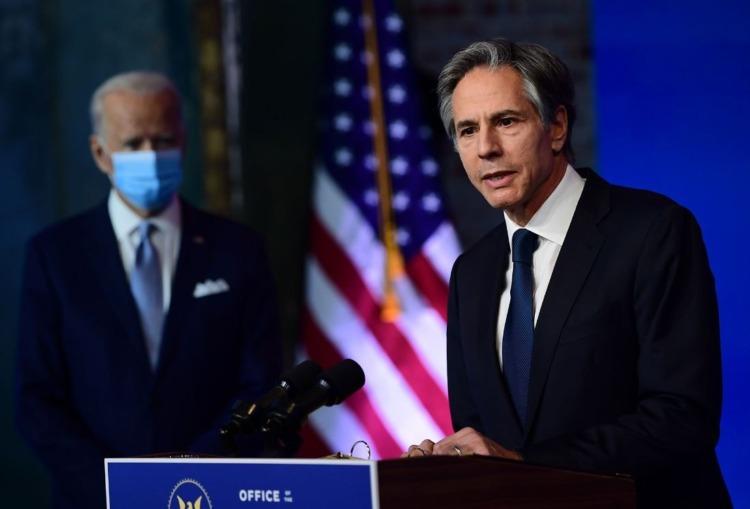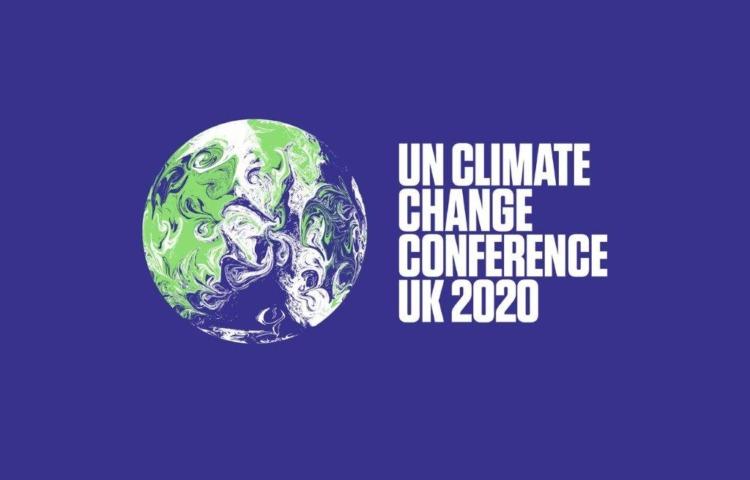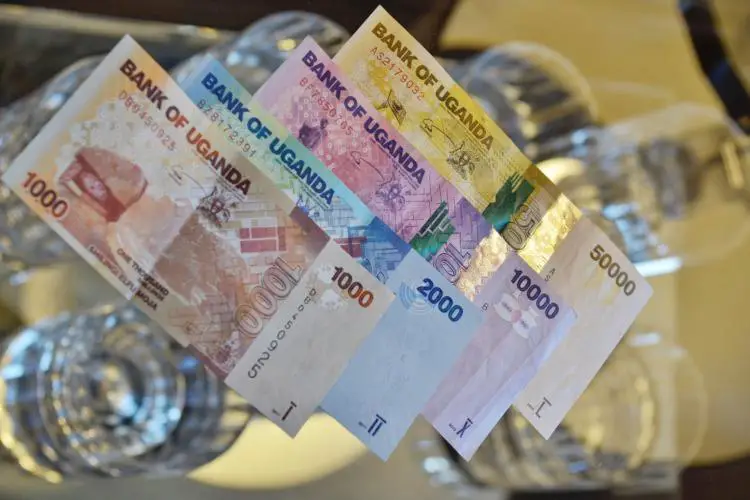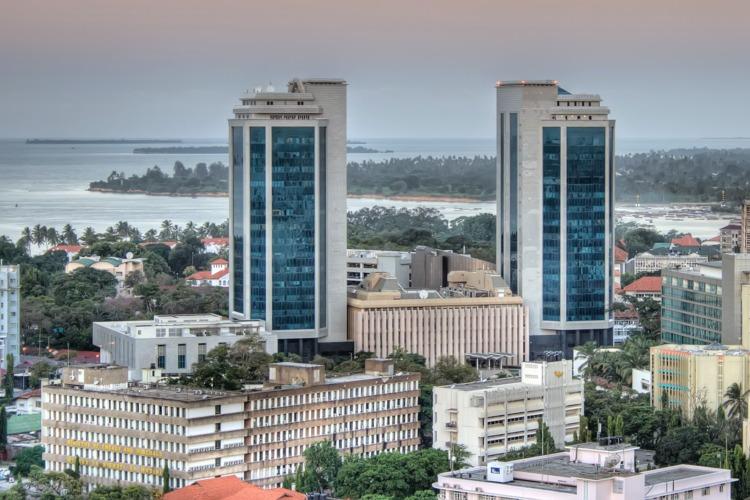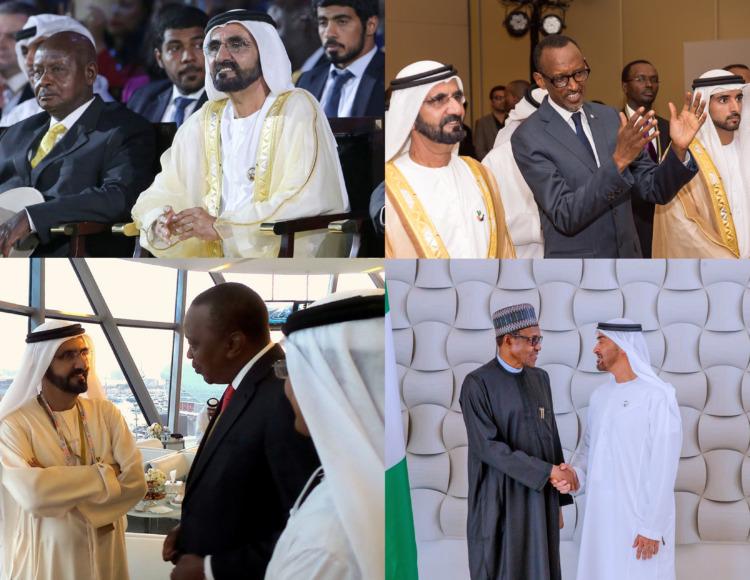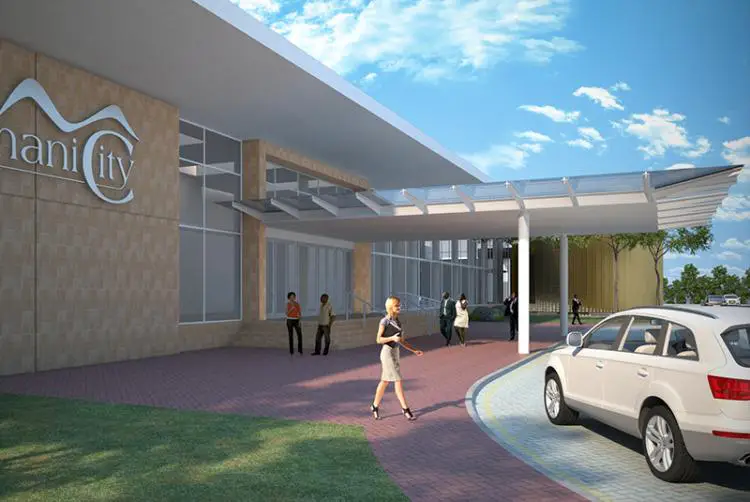- Agribusiness could drive Africa’s economic prosperity
- Dawood Al Shezawi: Why AIM Congress 2024 is the epicenter of global economic and cultural dialogues
- d.light’s 600,000 cookstoves project verified as top source of quality carbon credits
- Artificial intelligence (AI) could create a turning point for financial inclusion in Africa
- AIM Congress 2024: Catalysing global investments with awards
- Kenya’s economic resurgence in 2024
- The most stressful cities to live in 2024 exposed
- Tech ventures can now apply for the Africa Tech Summit London Investment Showcase
Browsing: World Bank
For the five years since 2002, Kenya registered its golden period in terms of economic growth. This was during President Mwai Kibaki’s first five-year term which ended in 2007. The Kenyan economy blossomed with the growth noticeable in both industry and tourism as well as in improved livelihoods.
At this time, the growth attracted the attention of the International Monetary Fund (IMF) and the World Bank because Kibaki’s government was not keen on funding from the Bretton Woods institutions. The government largely financed its budget from the revenues it collected which was unheard of in the previous regime. President Daniel Moi, Kibaki’s predecessor had deeply entrenched corruption in the country which wrecked the economy to almost collapse.
But today, the economy is worse than it was under Moi with the Jubilee government overseeing the worst job cuts, company closures and distressed livelihoods due to corruption. While the Covid-19 pandemic has …
China had been funding the development and exploitation of massive coal reserves in countries like Indonesia and Vietnam under an initiative called the Belt & Road but has come under pressure as the world tries to honour its Paris climate agreements.
This Belt & Road initiative is a strategy initiated by the People’s Republic of China that seeks to connect Asia with Africa and Europe via land and maritime networks with the aim of improving regional integration, increasing trade and stimulating economic growth.
To realize this vision required the use of natural resources which China does not have entirely but other nations do and would then secure supply of this through the development of resources such as coal mines in developing countries. The Chinese are reportedly developing a US$3 billion coal mine in the Hwange area of Zimbabwe.…
- African economy has sustained significant impacts due to the pandemic
- Several sectors such as tourism and trade have been impacted significantly
- Despite the virus, Africa has demonstrated important issues towards handling pandemics
One of the most vibrant economies in the world, sub-Saharan Africa is slated to bounce back from the shocks of COVID-19 which left a number of economies shaken to the core and hundreds of lives lost.
Despite the pandemic limiting several economic functions such as international travel—which marred tourism operations in East Africa, the region is expected to score growth of 3.3 per cent in 2021, according to a recent report by the World Bank.
The October edition of Africa’s Pulse report explicitly noted that the resurgence of the economy is promoted by elevated commodity prices, a relaxation of stringent pandemic measures and recovery in global trade.
Kenya, Tanzania, Rwanda and Uganda, are now working towards building …

The government of Tanzania has received 1.3tri/- as Covid-19 relief package from the International Monetary Fund (IMF). Now the government has announced plans to implement a score of projects that will be financed with this fund in a move it says, will help the private sector’s liquidity.
As part of its own fiscal policies to cushion the economy from the negative effects of the global pandemic, the government, through the Central Bank has also released another 1tri/- to commercial banks in a bid to increase their lending capacity.
With these funds, the Central Bank released funding and IMF funding that goes into implementing national projects, the private sector is empowered to borrow and win project tenders and as such increase money circulation in the economy.
The strategy is meant to back the economy which had slowed down due to reduced demand which in turn reduced produced production stagnating the whole …
- The Africa Pulse report notes that Sub-Saharan Africa exits recession this year, but recovery is still timid and fragile
- It adds that the region is reforming, and notes that what is most needed to boost and sustain economic recovery is financing
The World Bank now says that Sub-Saharan Africa is set to emerge from the 2020 recession sparked by the COVID-19 pandemic with growth expected to expand by 3.3 per cent in 2021.
This is one per cent higher than the April 2021 forecast according to its latest edition of Africa’s Pulse.
The bank said that the rebound is currently fueled by elevated commodity prices, a relaxation of stringent pandemic measures, and recovery in global trade.
“Commodity prices remain well above their pre-pandemic levels, with several reaching all-time highs. Oil prices rose above their pre-pandemic levels in the first half of 2021 but have plateaued more recently due to demand …
Commenting on Africa’s participation at the conference and the continent’s development in general Egypt’s representative at Expo 2020, Ahmed Maghawry Diab, who is also an official from the country’s Ministry of Trade and Industry said, “…the world has started to look at Africa and rediscover it…the continent has a lot of difficulties, but it has also started to develop.”
Another optimist for the continent’s development and what it has to offer is Dr. Levi Uche Madueke, Head of the African Union (AU) Strategic Partnerships Office and AU Commissioner General for Expo 2020 said, “…Africa is undergoing a dynamic socio-economic and political transformation. There is a lot happening on the continent but the world is yet to hear all about it. It is time to take charge of Africa’s narrative and reclaim its rightful place in the global arena.”…
Four critical universities best practices for fostering graduate employability are of interest: Industry partnerships, Aligning university education with a country’s development plans, Regular university curriculum reviews, and Strengthening quality assurance systems.
However, while Universities work to better prepare graduates for the workforce, it is imperative for the government and the private sector to step in and increase the employability of graduates who are already in the workforce.…
Looking at the bigger picture, speculations are that the milk and milk product levies and taxes are designed to lure Uganda to choose favourably towards other trade issues that are pending.
As local Ugandan media puts it; “Uganda maintains that if there are issues that need to be addressed, they can be handled through bilateral arrangements or the regional trade agreements within the East African Community instead of using arbitrary means such as high taxes.”
Squeezing Uganda to act in its favour, Kenya has also imposed what Uganda is terming ‘a restriction to Ugandan diary products since January 2020.’ Notably, Kenya is Uganda’s largest milk trading partner in the region, yet for over an year now, Kenya has maintained restrictions on Ugandan milk products despite the East African Community (EAC) common market protocol.…
The next step in harmonizing policies and operating modules, is the need centralizing the related revenue administration and collection, because; “When we harmonize our tax administration we shall not compete with each other as EAC member states,” the sector experts reasoned.
There is also the matter of Visa fees which gravely affect the ability of traders to move between countries. It is now expected that the Republics of South Sudan, Uganda, and Kenya will expedite the removal of visa fees while the rest of the EAC partner states still need to remove what was described as ‘discriminatory fees, levies, and charges’ that hinder trade and persons movement across borders.…
The situation is no better across the border in Kenya, since both countries are geographically on the Indian Ocean they are major international air and water transit locations for traffickers from Asia and Latin America to Europe and the Arabian Peninsula.
As is the case for Tanzania, the report also cites corruption as a central reason behind traffickers choice of ports. As a result Kenya is also a transit country that is quickly becoming a destination for a various of drugs and especially heroin and cocaine as well as drugs that are used to produce methamphetamine.
“Heroin originating from Southwest Asia enters Kenya both from direct shipping across the Indian Ocean via south Asia and, increasingly, from countries to the south, such as Tanzania and Mozambique. Most of the heroin entering Kenya is destined for international markets, principally Europe. Cocaine enters Kenya primarily via transshipment through Ethiopia from South America,” …





